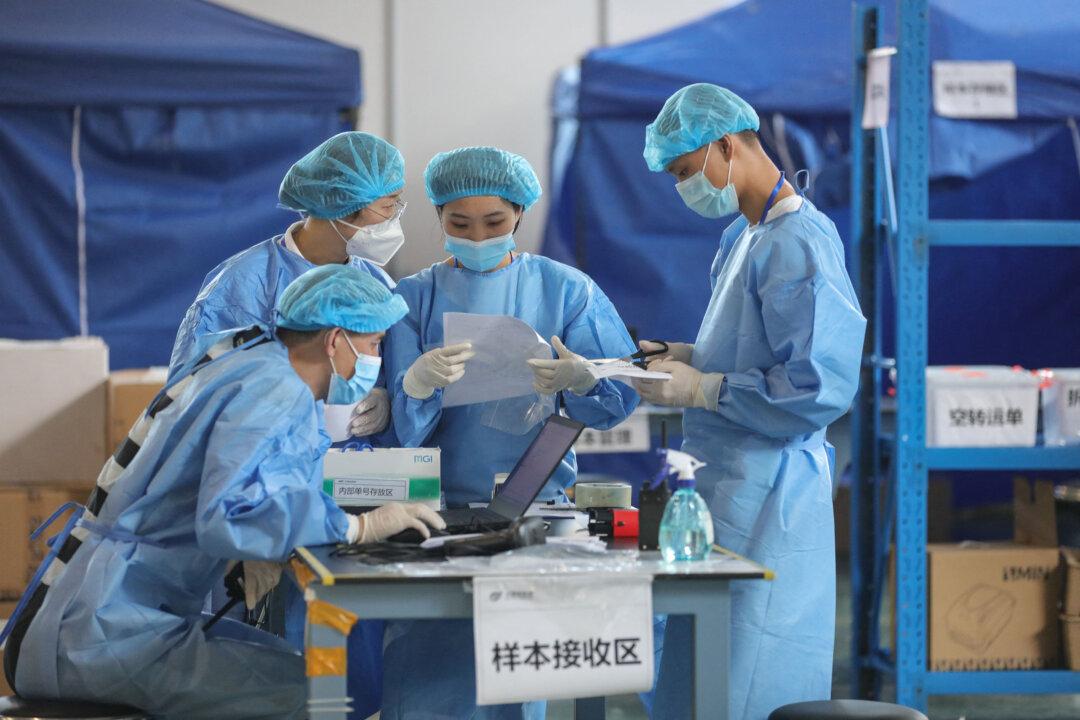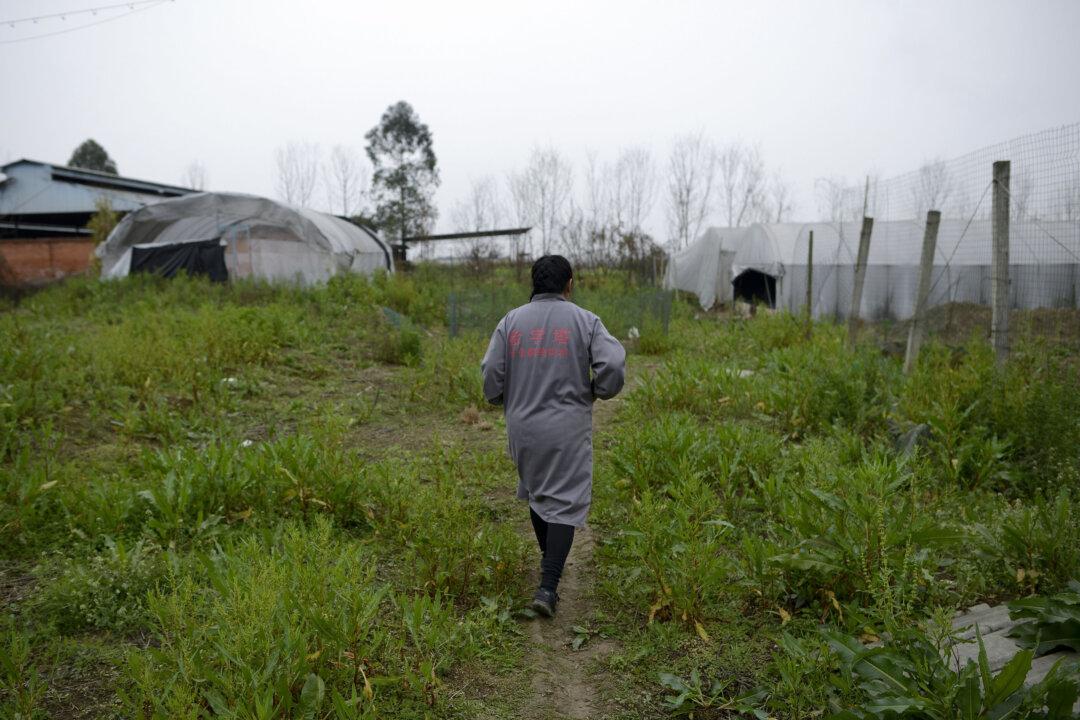Several prominent professors at U.S. colleges have participated in China’s talent acquisition program, according to leaked documents from a Chinese regional authority. The professors worked with the Thousand Talents Program (TTP), a controversial state-backed recruitment plan criticized by U.S. officials for its role in transferring Western research and technology to China.
Two of the professors work at Carnegie Mellon University (CMU) and another at the University of California–Berkeley. All three are experts in biomedical research and development. Their names will not be included in this report.





